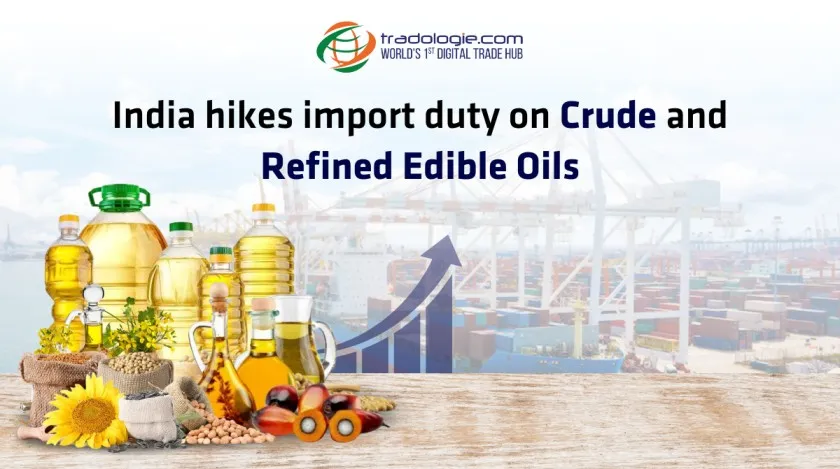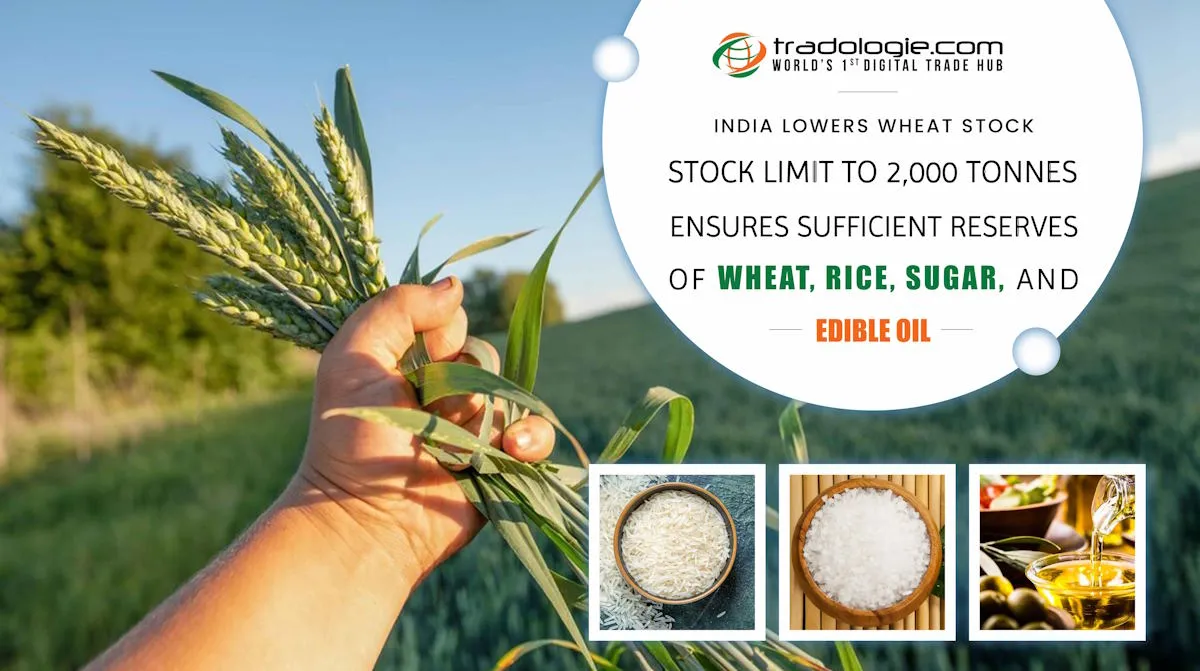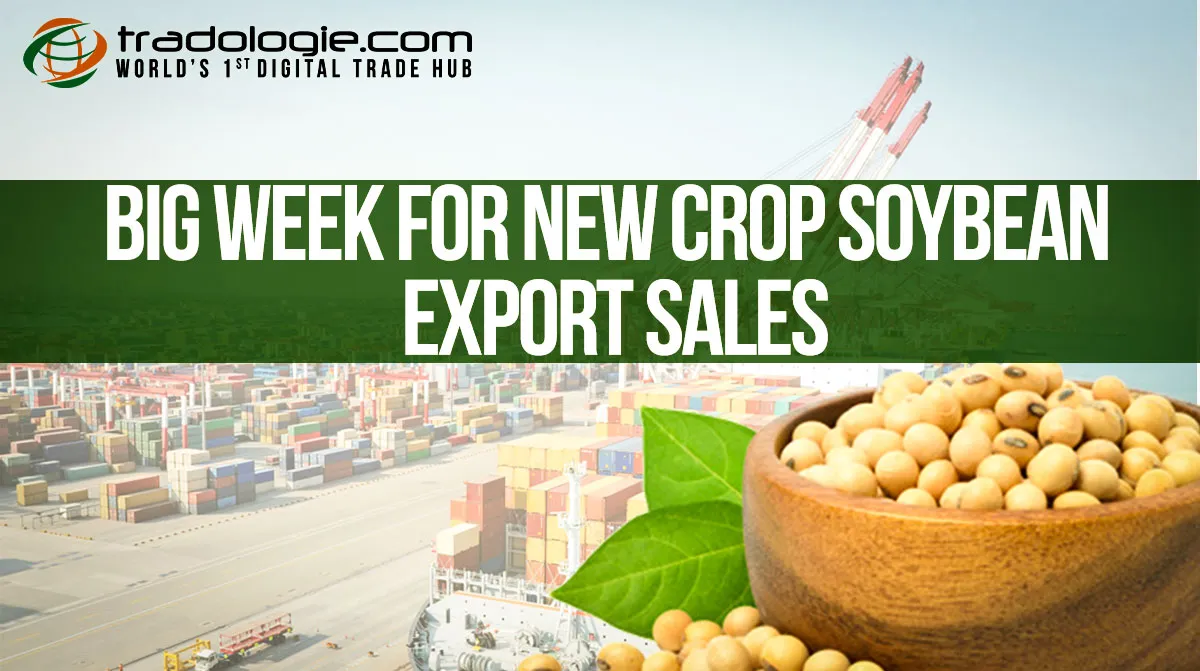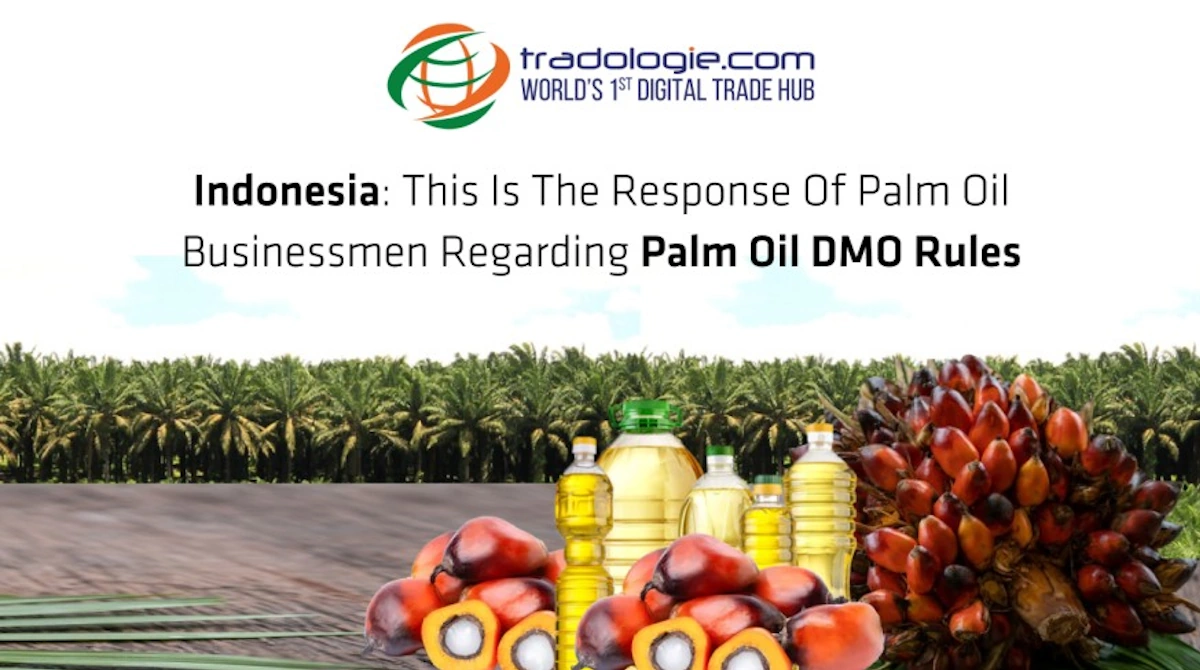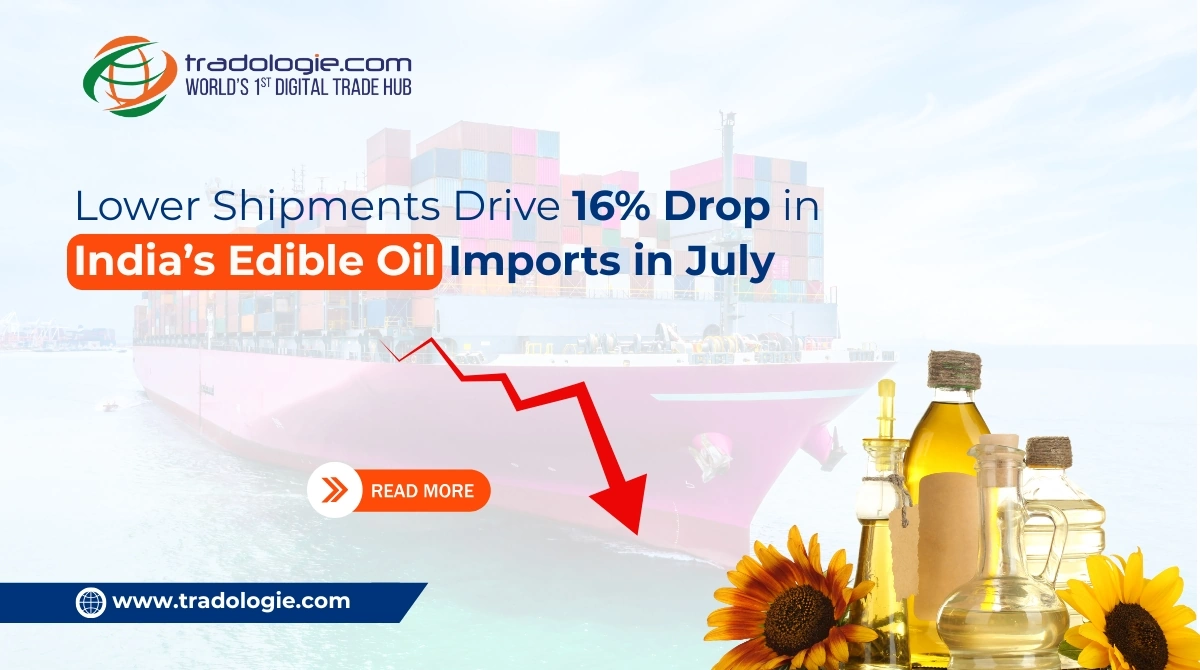Do you export or import palm oil in bulk? There's important news for you. Starting September 14, India has increased its import tax on palm oil and other edible oils by 20 percent. While the government aims to protect local oilseed farmers and promote the use of domestically produced oils, B2B importers will need to carefully monitor price fluctuations in the global market.
Details of the Tax Increase
The new tax structure imposes a 20 percent basic customs duty on crude palm oil, soybean oil, and sunflower oil, which were previously subject to zero duty. Refined oils, including refined palm oil, will now face a 32.5 percent duty, up from 12.5 percent. Factoring in additional levies like India's agriculture infrastructure and development cess, the effective import duty for crude oils will rise to 27.5 percent, up from 5.5 percent. For refined oils, the effective duty will jump to 35.75 percent from 13.75 percent.
The Purpose Behind the Tax Hike
The government's decision comes in response from local trade groups who argued that higher import duties would better support domestic oilseed farmers. In particular, soybean producers in states like Maharashtra, Karnataka, and Madhya Pradesh have faced falling prices, prompting the government to act. By raising the minimum support price (MSP) for soybeans, the government is aiming to ensure more stable and fair pricing for local farmers.
Challenges for Palm Oil Importers
For B2B importers, this tax hike presents a new set of challenges. India, the world's largest importer of edible oils, relies heavily on palm oil, particularly from Malaysia. In 2023, India imported 2.83 million tonnes of palm oil from Malaysia, representing 18 percent of Malaysia's total palm oil exports. With the new taxes in place, the palm oil importers will likely see higher costs, which could affect profit margins. These price changes may also force importers to reconsider their pricing strategies or explore alternative sourcing options to maintain their competitiveness in the market.
Effects on the Indian Market
For the Indian market, the import duty hike is expected to raise the prices of essential commodities like palm oil and sunflower oil. Consumers may see higher costs, but the government's objective is to protect domestic farmers by making imported oils less attractive. This could shift demand towards locally produced oils, providing much-needed relief for Indian oilseed farmers.
Market Adjustments and Outlook
While the tax hike is aimed at supporting local producers, B2B importers will need to navigate the potential volatility in the global market. Higher costs and reduced margins could necessitate price adjustments, impacting overall demand. At the same time, local producers stand to benefit from the increased focus on domestic oils, but it's crucial for importers to stay vigilant and adapt to ongoing market changes.
As this new tax policy takes effect, the broader implications for both the domestic and global markets will become clearer in the months ahead. Importers should keep a close watch on price fluctuations and remain flexible to adjust their strategies as needed.
If you want to export or import agro commodities in bulk, Tradologie.com is the best B2B platform. It facialites the bulk transactions without any middlemen through its state-of-the-art SaaS platform. Visit www.tradologie.com to explore B2B export opportunities and stay updated with the latest trends in the industry.
To register as a buyer, click here . To register as a seller, click here .

